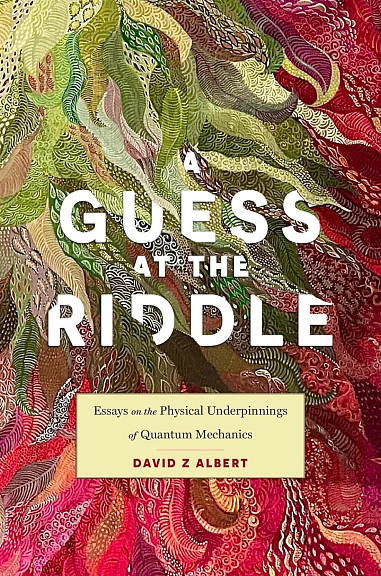-
Книги
- Нонфикшн
- Гуманитарные науки
- Деловая литература
- Естественные / Точные науки
- Книгоиздание
- Лайфстайл
- Словари / Энциклопедии
- Художественная литература
- Детектив
- Драматургия
- Классическая проза
- Мифология. Эпос
- Поэзия
- Собрания сочинений
- Современная художественная проза
- Фантастика. Фэнтези
- Биографии / Мемуары
- Графические романы / Комиксы
- Детские книги
- Воспитание. Педагогика
- Детский досуг
- О детских книгах
- Познавательная литература
- Художественная литература для детей
- Журналы / Зины
- Архитектурные
- Гуманитарные
- Журналы о моде
- Зарубежная периодика
- Искусство / Фотография
- Кино / Театр
- Лайфстайл
- Книги «Подписных изданий»
- Книги на иностранных языках
- Английский язык
- Испанский язык
- Итальянский язык
- Книги на иностранных языках для детей
- Немецкий язык
- Финский язык
- Французский язык
- Шведский язык
- Книги о кино
- Книги о музыке
- Книги о средневековье
- Книги о театре
- Книги о фотографии
- Книги об искусстве / Книги об архитектуре
- Альбомы по искусству
- Архитектура
- Декоративно-прикладное искусство
- Живопись
- Искусствоведение
- Орнаменты
- Прочее
- Танец
- Татуировка
- Творческое развитие
- Книги по философии
- Кулинарные книги
- Николай Солодников рекомендует
- Предзаказ
- Про дизайн / Про моду
- Путеводители / Книги о путешествиях
- Канцелярские товары
- Подарки
- Подарочные сертификаты
Адрес магазина: Санкт-Петербург, Литейный пр., 57
A Guess at the Riddle
From the celebrated author of Quantum Mechanics and Experience comes an original and exhilarating attempt at making sense of the strange laws of quantum mechanics.
A century ago, a brilliant circle of physicists around Niels Bohr argued that the search for an objective, realistic, and mechanical picture of the inner workings of the atom - the kind of picture that had previously been an ideal of classical physics - was doomed to fail. Today, there is widespread agreement among philosophers and physicists that those arguments were wrong. However, the question of what that picture might look like, and how it might fit into a comprehensive picture of physical reality, remains unsettled.
In A Guess at the Riddle, philosopher David Z Albert argues that the distinctively strange features of quantum mechanics begin to make sense once we conceive of the wave function, vibrating and evolving in high-dimensional space, as the concrete, fundamental physical “stuff” of the universe. Starting with simple mechanical models, Albert methodically constructs the defining features of quantum mechanics from scratch. He shows how the entire history of our familiar, three-dimensional universe can be discerned in the wave function’s intricate pattern of ripples and whorls. A major new work in the foundations of physics, A Guess at the Riddle is poised to transform our understanding of the basic architecture of the universe.
Подписка на рассылку
Раз в месяц будем присылать вам обзоры книг, промокоды и всякие-разные новости


